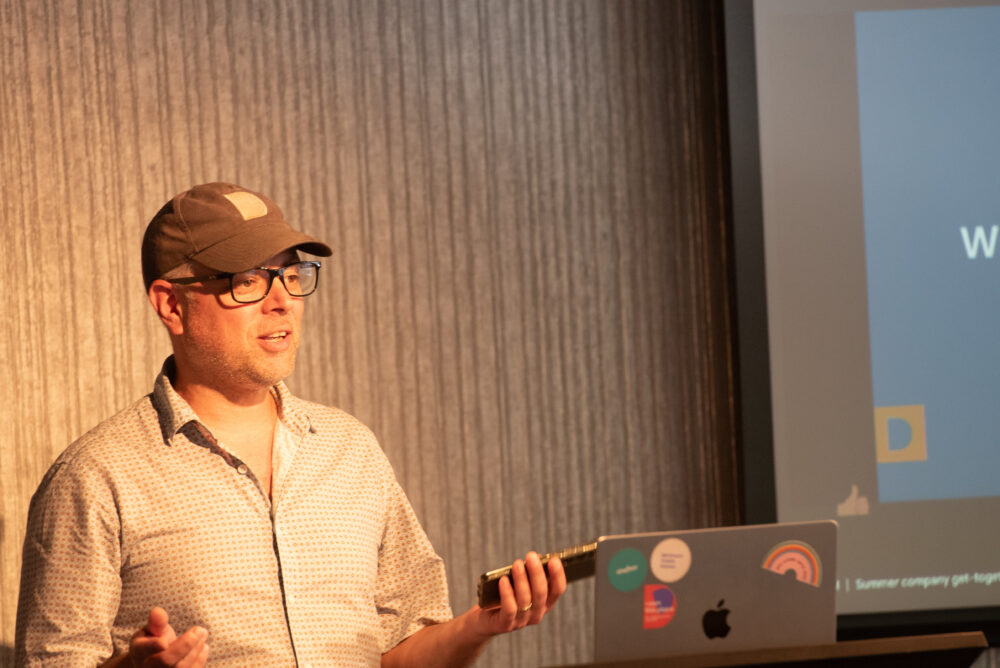The new Government must draw on the power of institutional memory

Given the scale of the challenge for the new Government, it must be bold in learning the lessons of the past
The new Government has delivered its first King’s Speech. After uncertainty about how a Labour administration would operate, this feels like a paradigm shift and we can already see some welcome changes in the architecture of government delivery.
The King’s Speech was structured around Labour’s 5 missions, which in itself is a new approach to establishing shared priorities across government. After a relatively quiet legislative timetable in 2023, it also marks a drastic change of pace.
We’ve seen the reunification of the Government Digital Service (GDS) and the Central Digital and Data Office (CDDO) into a bigger Department for Science Innovation and Technology. The i.AI artificial intelligence incubator moves with them and the purpose is clear, to create a much needed strong digital and technology centre in government.
I’ve written before about the power of institutional memory and at this moment of profound change, it’s important that we learn from the past.
Big is not better
We already know what works and what doesn’t. The National Archives back catalogue is full of reports from the strategy and delivery units that have gone before. Also, we know that IT mega projects never deliver good value to taxpayers and the examples of failure are too numerous to mention.
Bent Flyvbjerg, an academic who specialises in the delivery and research of large projects, places IT projects alongside nuclear storage, nuclear power stations, delivering the Olympic Games and hydroelectric dams in terms of risk.
The way to deal with this risk is to learn from the successes of the past as well as the failures. GOV.UK was a rare success in large digital delivery because it started small and scaled from there. We didn’t attempt to launch a fully-featured ‘finished’ service but shipped incrementally and learned as we went.
At the other end of the spectrum, details continue to emerge about the Post Office Horizon scandal as the public inquiry continues. This is an extreme reminder of the consequences of big IT going bad but large scale public sector tech projects are still delivered in the same way.
Back in 2020, I warned that we were seeing a return to some bad habits in procuring government digital. Unfortunately, this played out and intensified in the following years. Scale and price have been judged more important than quality, and we all know this ultimately leads to poor outcomes for both service users and taxpayers.
Time and again, National Audit Office reports contain universally similar themes. Over-optimistic delivery plans mean budgets get burnt, deadlines are missed, governance is ineffective.
Making a mission-led approach work
If this mission-led approach is to work, we need clear responsibility for outcomes, space to fail and learn fast and cheaply before committing to spending hundreds of millions of pounds. Scale when you know you have something that works. This is the way to significantly reduce risk.
We know that multidisciplinary teams bringing together policy, commercial, operational, research and tech specialists from inside and outside government, can work quickly, openly and flexibly. They learn and adapt and operate much more effectively within the complexity and ambiguity of government.
One of the biggest lessons of the past decade is the importance of strong leadership to enable these teams to do their best work. With multidisciplinary teams tasked to deliver clear outcomes aligned to the missions, and the freedom to organise themselves to do that at speed, we could be on the cusp of real change.
But this change can only happen if Whitehall finally learns from its historic failures and we use the mission-led approach to force a genuine reckoning with the past.
Openness and transparency
Change is often less about what is delivered, than how. As new ministers get to grips with operating in government, there have been encouraging signs of a return to more collaborative and transparent working. We’ve seen a deliberate shift away from a combative approach to the Civil Service and wider civic society.
One of the best lessons we learned from the early GOV.UK era was the value of blogging to power institutional memory. Sharing and collaboration will be the bedrock of a successful mission-led government and we know working in the open makes things better. With improved knowledge sharing, teams learning faster, and building constructive relationships in and outside government. One way to encourage a return to open working is by blogging again.
Back in 2023, I gave a talk about transparency improving digital service delivery and pulled some publishing stats from the Government’s own blogging platform. GDS was a prolific blogger back in 2012 publishing over 200 blog posts. At the midway point in 2023, it had published 7.
If we are to deliver on the missions, we need to see a degree of collaboration across Whitehall that the Civil Service has traditionally struggled with. Working in the open, sharing success and failure as it happens, is one way of encouraging this collaboration but importantly it brings people along with it.
Perhaps in this way, we can also rebuild some faith and trust in public institutions, something that has diminished catastrophically over the past decade.